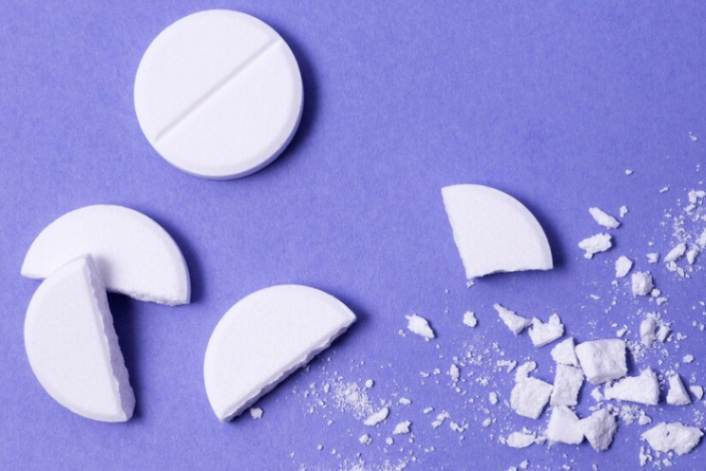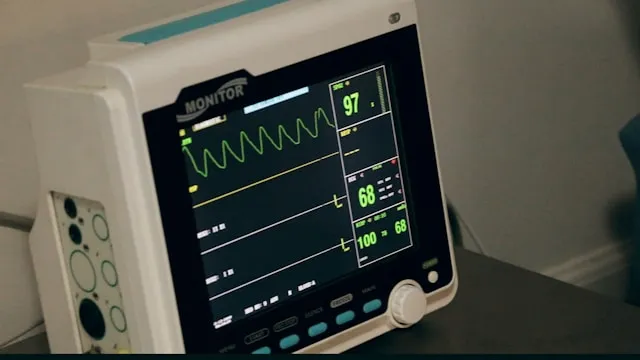When it occurs for the first time, the feeling of your heart missing a beat or pounding erratically can be extremely startling. One moment, you're fine; another, your pulse or rhythm may feel clunky, almost as if it's missing a beat. This sensation is known as heart palpitations, and it is extremely frequent. A rare bout of palpitations in the heart is usually not caused for alarm, but if it occurs daily, it may be. Predisposition to recurring heart palpitations may suggest something is amiss and should be explored by a physician to rule out any deeper problem. If you have recurrent heart palpitations, seeing a cardiac surgeon is one of the initial stages in getting definitive therapy. While undergoing treatment, there are several things you may do in your daily life to promote better heart health. One of these actions is limiting eating foods that may cause heart palpitations. This blog helps to get a list of foods to avoid if you have heart palpitations.
What are the causes of heart palpitations?
Palpitations of the heart are fairly typical and rarely cause concern. The sensation of your heart missing a rhythm, fluttering, racing, and pounding is usually transient. When heart palpitations grow more common, it can suggest an underlying problem. Palpitations in the heart are aggravated by water loss, stress, low minerals, low glucose levels, and too much coffee. Regular chest pain could result from heart illness, thyroid difficulties, cardiac arrhythmia, cardiovascular disease, or other heart-related health disorders. While racing hearts are not a medical emergency, they must be distinguished from potential warning indications of a cardiac event such as a heart attack. Heart palpitations are usually brief and somewhat irritating, whereas heart attacks and other serious cardiac diseases produce persistent pain in the chest, atrial fibrillation (AFib), or shortness of breath.
What foods can exacerbate heart palpitations?
Limiting your intake of foods that function as triggers can help if you're dealing with a history of recurring pulses. Trigger foods vary from person to person, so maintaining a food journal can help you figure out what you previously ate whenever a heart-pounding occurs. Although there is no uniform diet for palpitations of the heart, avoiding these eight items may be beneficial.
1. Caffeinated foods and drinks

Caffeine is one of the initial things you might consider reducing if you have heart palpitations. Caffeine is found in tea, coffee, chocolate, energy, and sports drinks. You must avoid Caffeinated drinks and foods to if you have heart palpitations Caffeine is a stimulant that directly works with the sympathetic nervous system. This can raise your heart rate and heart rate, increasing your chances of experiencing heart palpitations. This isn't to suggest you can't have a cup of coffee in the morning, but simply being aware of your caffeine use and reducing it when necessary may help decrease heart palpitations.
2. Red meat
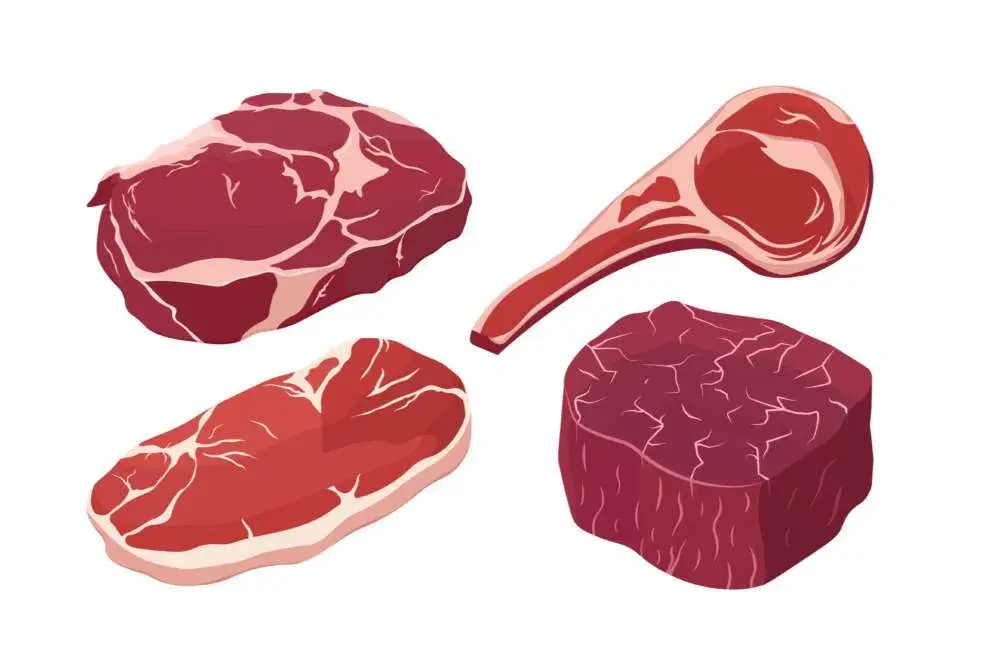
Red meat has a lot of saturated fats, which can cause heart problems and palpitations. Suppose you have a history of recurrent heart palpitations,coronary artery disease, and heart disease. In that case, you should limit your intake of red meat and instead choose lean protein alternatives.
3 Excessively spicy foods

Spicy foods are lacking for every person, but for those who consume them regularly, it may be beneficial to be careful about your consumption and restrict it when feasible. Excessively spicy foods to avoid if you have heart palpitations.
4 Packaged baked goods

Sugar and saturated fats are commonly found in packaged baked products like cakes, cookies, and pastries. These desserts and pastries are not harmful if consumed in moderation. However, they can increase cholesterol and blood sugar levels if consumed regularly. It can be hard to resist being tempted if you're craving a sweet taste. Instead, go for healthy choices such as fruit, which has nutrients such as vitamins and fiber alongside natural sugar.
5 Sodas
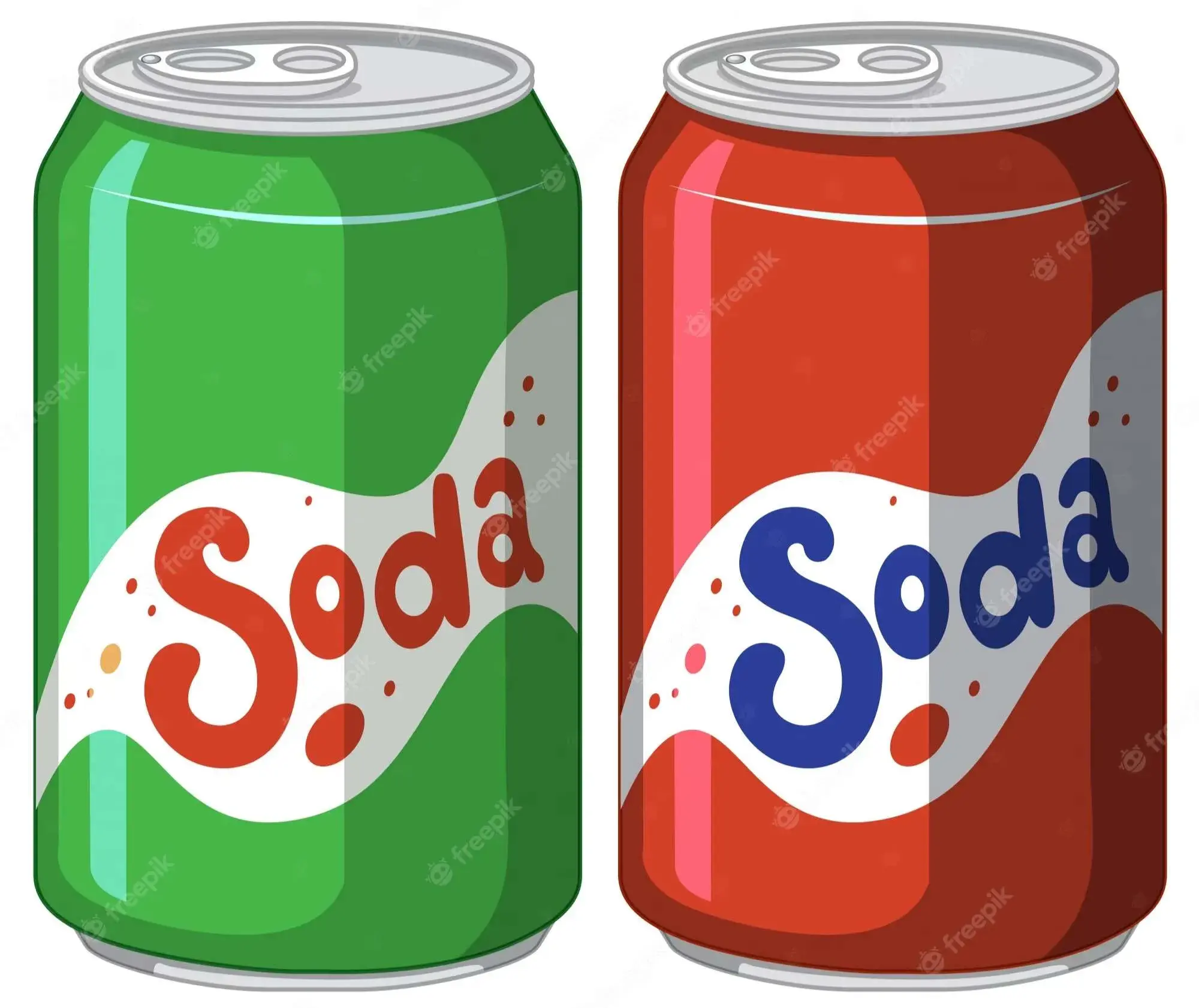
Many modern sodas contain sugar, carbonation, and caffeine. Because of the strong sugar and caffeine content, you can minimize them if you are attempting to support your cardiovascular system. Not all sodas are heavy in caffeine and sugar, and there are lots of heart-healthy fizzy flavored beverages that you may enjoy guilt-free. Take some time to consider some options; the inside of your heart will thank you.
6 Processed deli meats
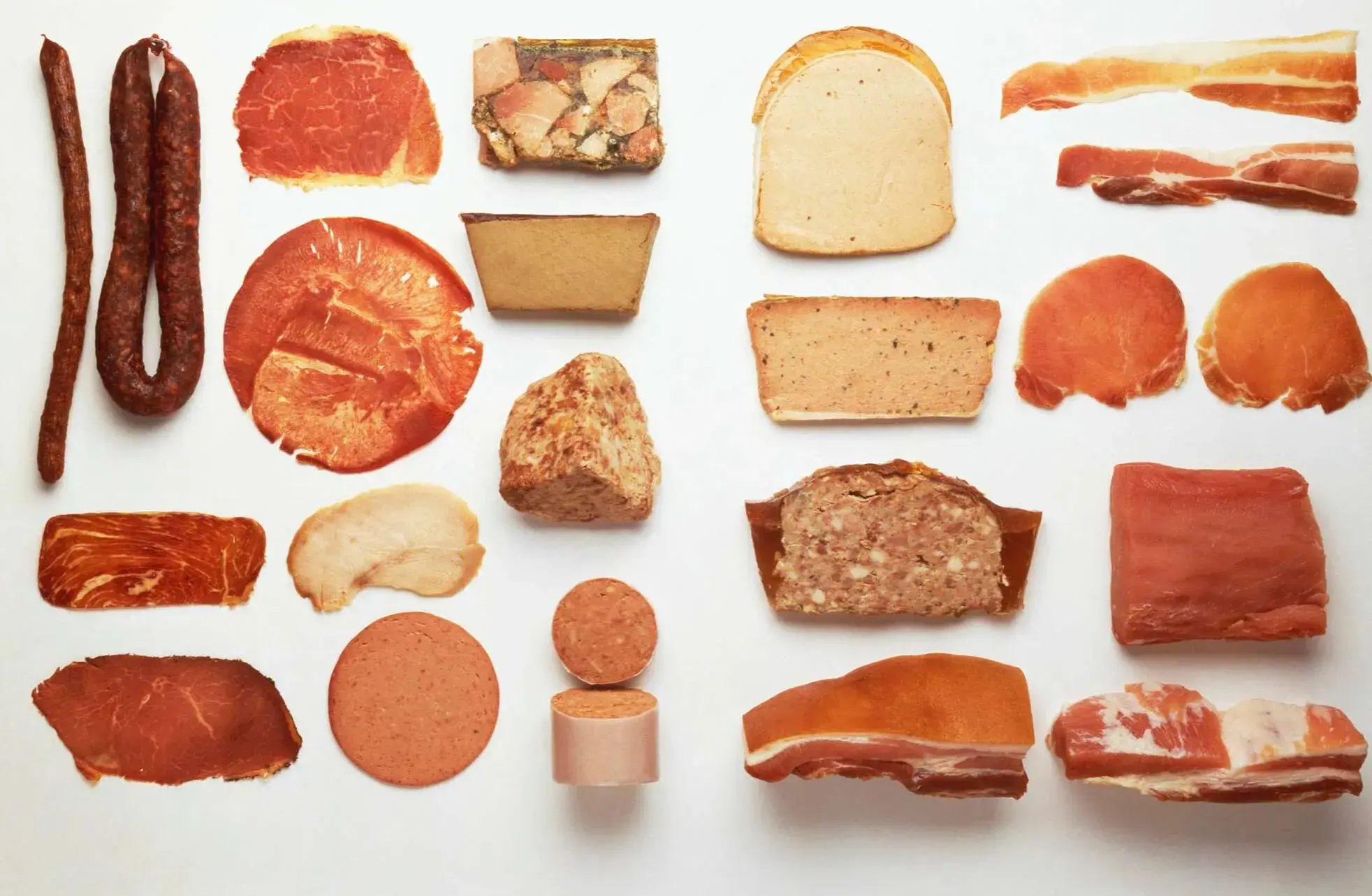
Processed deli meats like gammon, bacon, and sausage are frequently heavy in salt and harmful fats that promote poor cholesterol. If ingested frequently, certain types of meats can harm your heart health. Instead of extremely processed deli meats, choose leaner, unprocessed options like shredded turkeys, chicken, and low-sodium canned tuna.
How to manage heart palpitations?
You can attempt the options that follow to relieve heart palpitations after eating:
- Instead of eating enormous meals, eat smaller, more regular meals.
- Avoid foods that cause vibrations in your heart.
- The practice of meditation, yoga, and other relaxation techniques can help you manage stress and anxiety.
- Drink plenty of water to keep hydrated.
- Exercise regularly.
- Avoid falling asleep right after eating.
Whether you have cardiac issues or wish to improve the state of your heart, you can do some dietary modifications to help your cardiovascular system. Eating a well-balanced diet and using efficient dietary supplements can all contribute to your overall health. Take a look at a few of the ways you can improve your cardiovascular condition through nutrition and lifestyle is provided below.
Conclusion
Many people suffer from heart palpitations; one possible cause is a poor diet. Limiting your intake of caffeine, spicy meals, red meat, refined foods, alcoholic beverages, soda, baked products, and deli meats may help to lessen the frequency of pulses in the heart. Heart palpitations are unsettling, but they are usually not cause for alarm when they occur infrequently. When they happen with greater regularity, it could point to a deeper problem like an abnormal cardiac rhythm, a rapid heartbeat, or another condition impacting the heart. If you are concerned about a heart palpitation, seek expert advice from your healthcare physician or cardiologist.
Frequently Asked Questions
Do beta blockers cause palpitations?
Yes, beta blockers can sometimes paradoxically cause palpitations in some individuals.
Can stomach problems cause heart palpitations?
Yes, stomach problems can potentially cause heart palpitations. Conditions like acid reflux, stomach ulcers, or gastritis can trigger palpitations in some cases.
How many heart palpitations are too many?
Make an appointment with the doctor if you have more than 6 heart palpitations in one minute.
How to reduce palpitation?
1. Identify and avoid triggers like caffeine, stress, or certain medications. 2. Practice relaxation techniques such as deep breathing exercises or meditation. 3. Stay hydrated 4. Exercise regularly to improve cardiovascular health. 5. Maintain a balanced diet and get enough sleep.

Reviewed by


